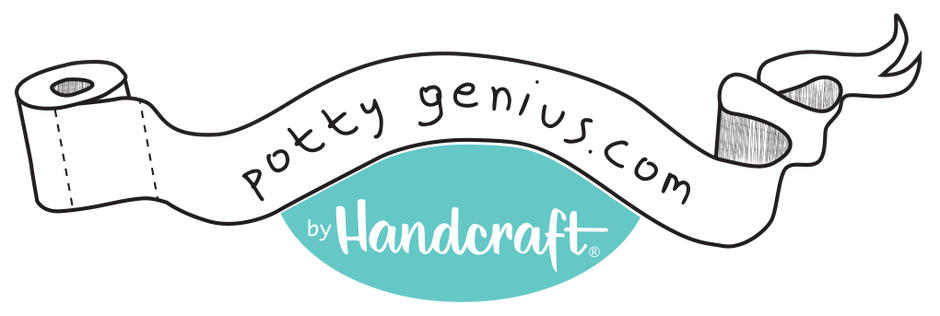Potty Genius Blog
Signs to Take Your Potty-Training Child to the Doctor
According to the American Academy of Family Physicians, most children use the toilet during the day consistently by the time they are three years old. But every child is different, and your child may not be like “most children.” In fact, you may find yourself wondering if your child is on track or if you’re doing something wrong. If your child is having potty-training problems, you may want to put your mind at ease by calling your pediatrician, especially if your child hasn’t mastered daytime potty training by the time they’re four years old.
by Angie Long
Angie is an experienced freelance writer and mother of two. She has extensive experience working in professional training, including the development and evaluation of training and exam material. She has a background in elementary education. Angie has a 4-year-old who still struggles with potty training, yet her 8-year-old nailed it by two years of age.

According to the American Academy of Family Physicians, most children use the toilet during the day consistently by the time they are three years old. But every child is different, and your child may not be like “most children.” In fact, you may find yourself wondering if your child is on track or if you’re doing something wrong. If your child is having potty-training problems, you may want to put your mind at ease by calling your pediatrician, especially if your child hasn’t mastered daytime potty training by the time they’re four years old. Sometimes the process of potty training can make parents aware of issues that do actually need the attention of a doctor. Especially if your child:
- Hasn’t had a bowel movement in three days
- Strains or shows signs of pain when trying to pee or poop
- Has an intermittent stream of pee
- Pees very infrequently, like every eight hours, or pees too frequently with sudden urges
- Has blood in urine or in underwear
- Is still wetting the bed at five years old
Constipation
Constipation occurs when stool moves too slowly through the digestive tract, which causes it to become hard, dry and difficult to pass. One of the biggest contributors to constipation in children of potty-training age is when a child ignores the urge to have a bowel movement. Reasons include not wanting to stop what they’re doing, being afraid of the toilet, or simply being afraid that it will hurt if they poop. Symptoms of constipation in children include:- Less than three bowel movements a week
- Bowel movements that are hard, dry and difficult to pass
- Pain while having a bowel movement
- Abdominal pain
- Blood on the surface of stool
- Basic discomfort
- Fever
- Vomiting
- Blood in the stool
- Abdominal swelling
- Weight loss
Bladder Infections
Constipation can lead to bladder infections because large amounts of stool in the colon can press up against the urethra and bladder, which makes it more difficult to empty the bladder completely. As urine sits there, it allows more time for bacteria to grow. Improper wiping can also increase stool and bacteria around the urethra, which can lead to bladder infections. According to pediatrician Dr. Sears, girls are more prone to bladder infections than boys because the female urethra is much shorter, so bacteria have less distance to travel into the bladder. Symptoms of a bladder infection include:- Pain or burning with urination
- Frequent urination and with sudden urgency
- Fever (for severe bladder infections)
- Foul-smelling urine
